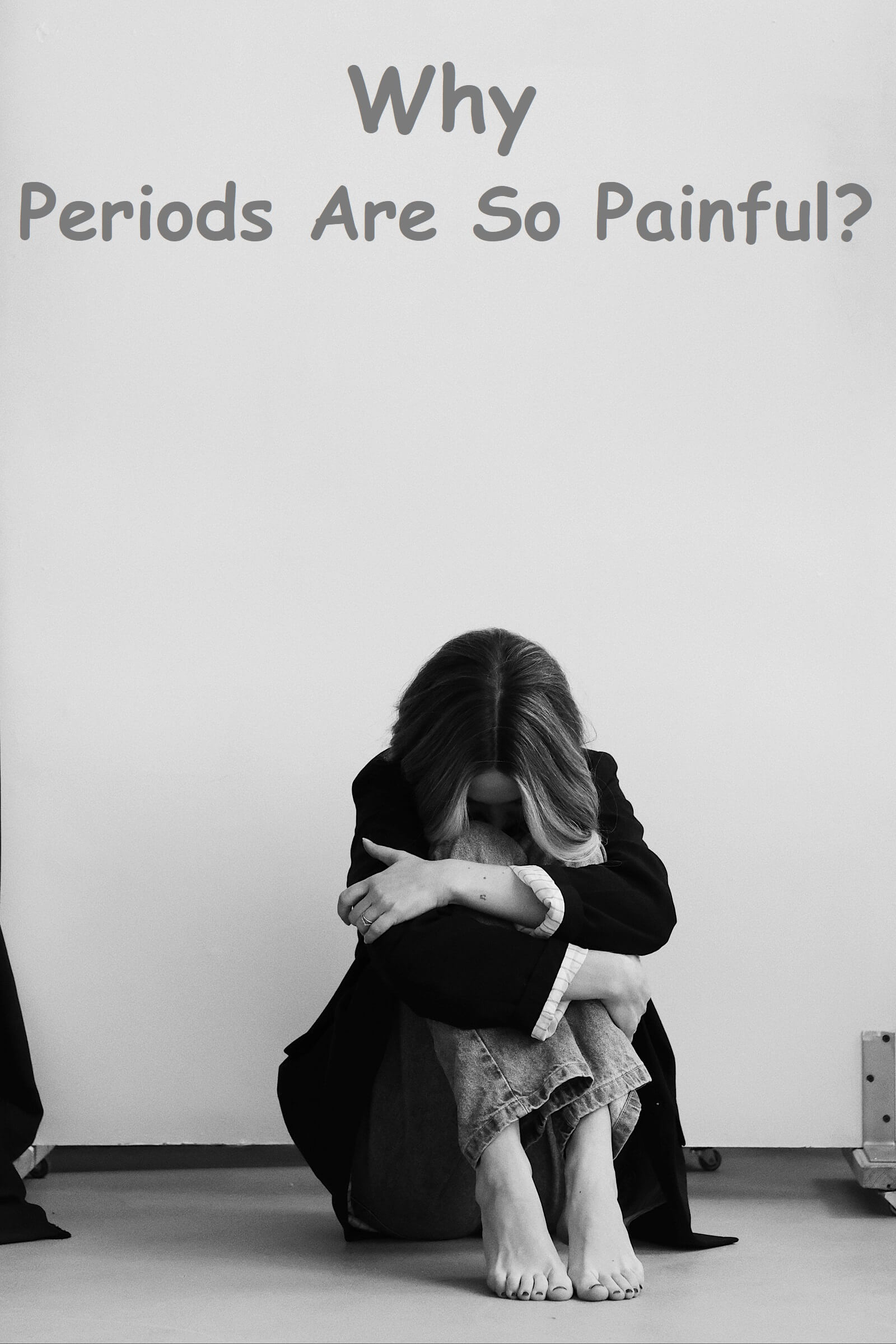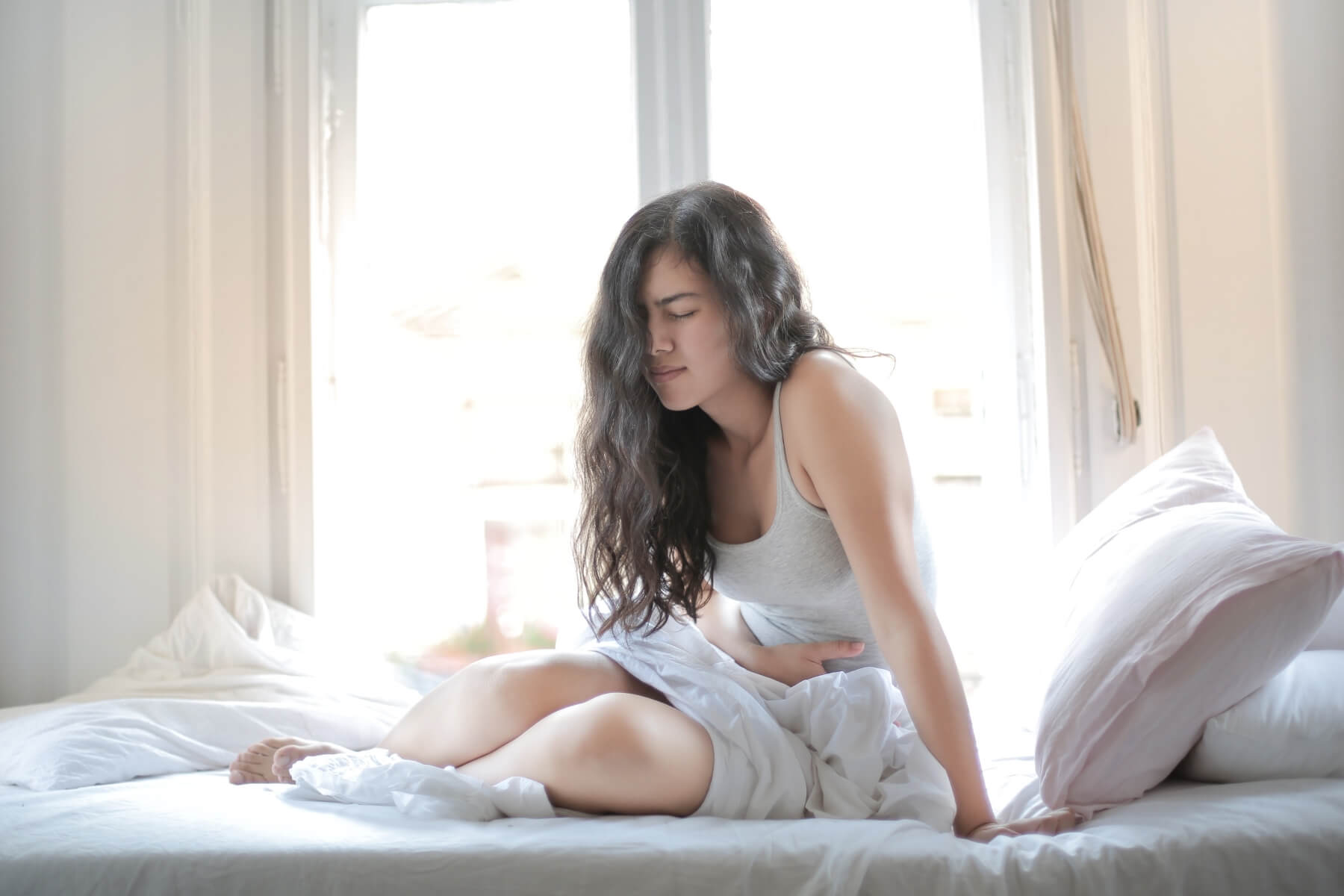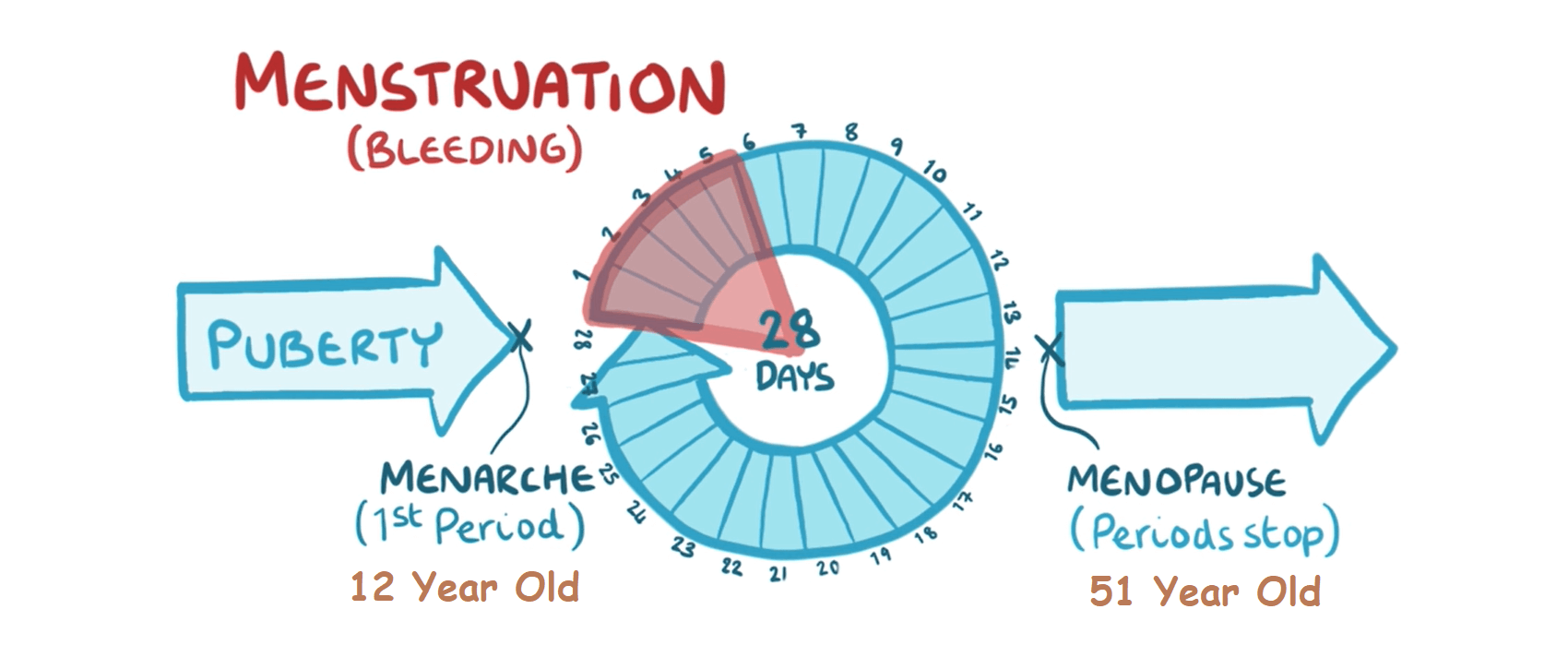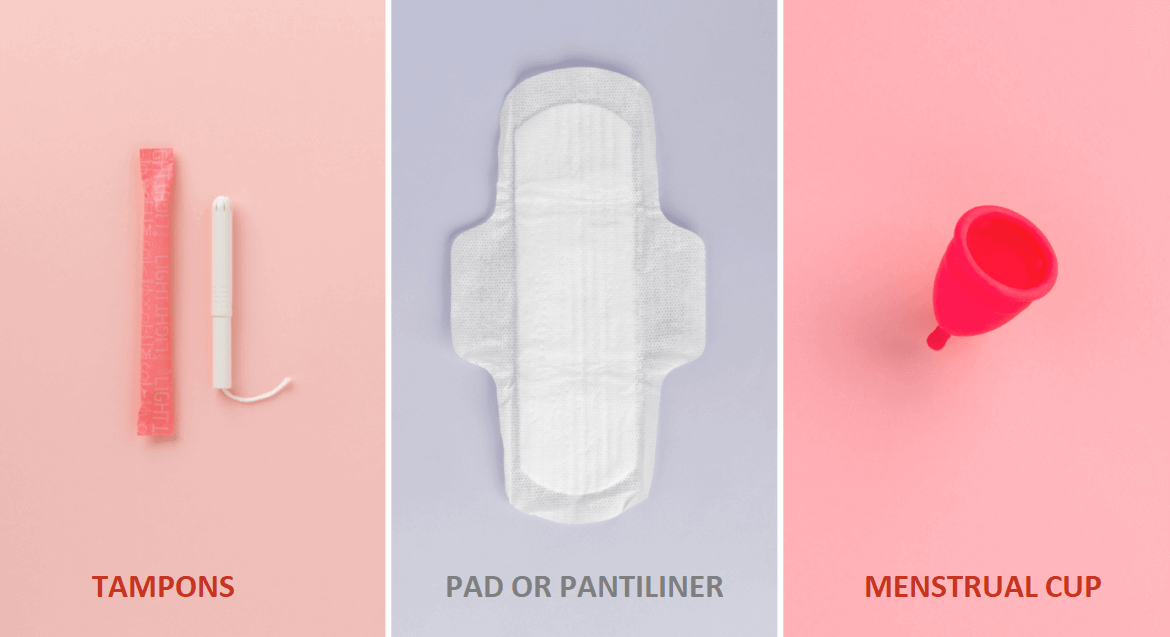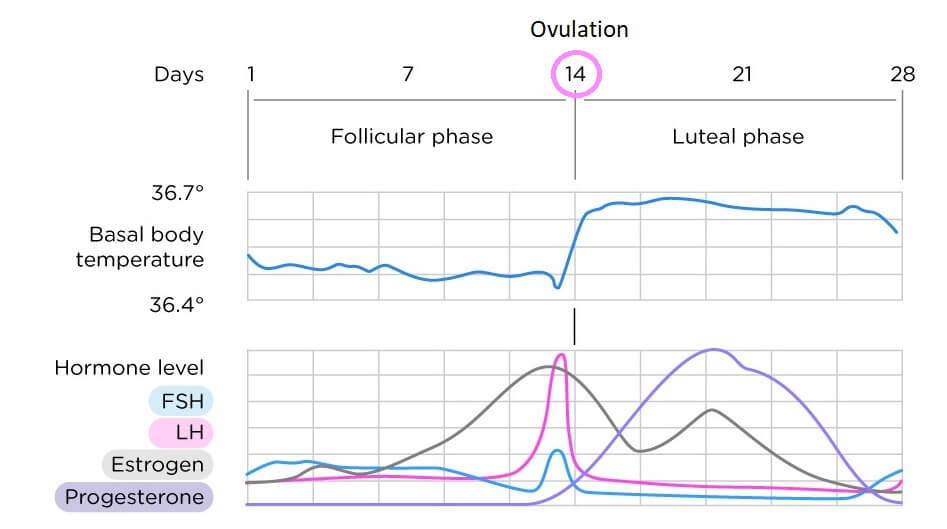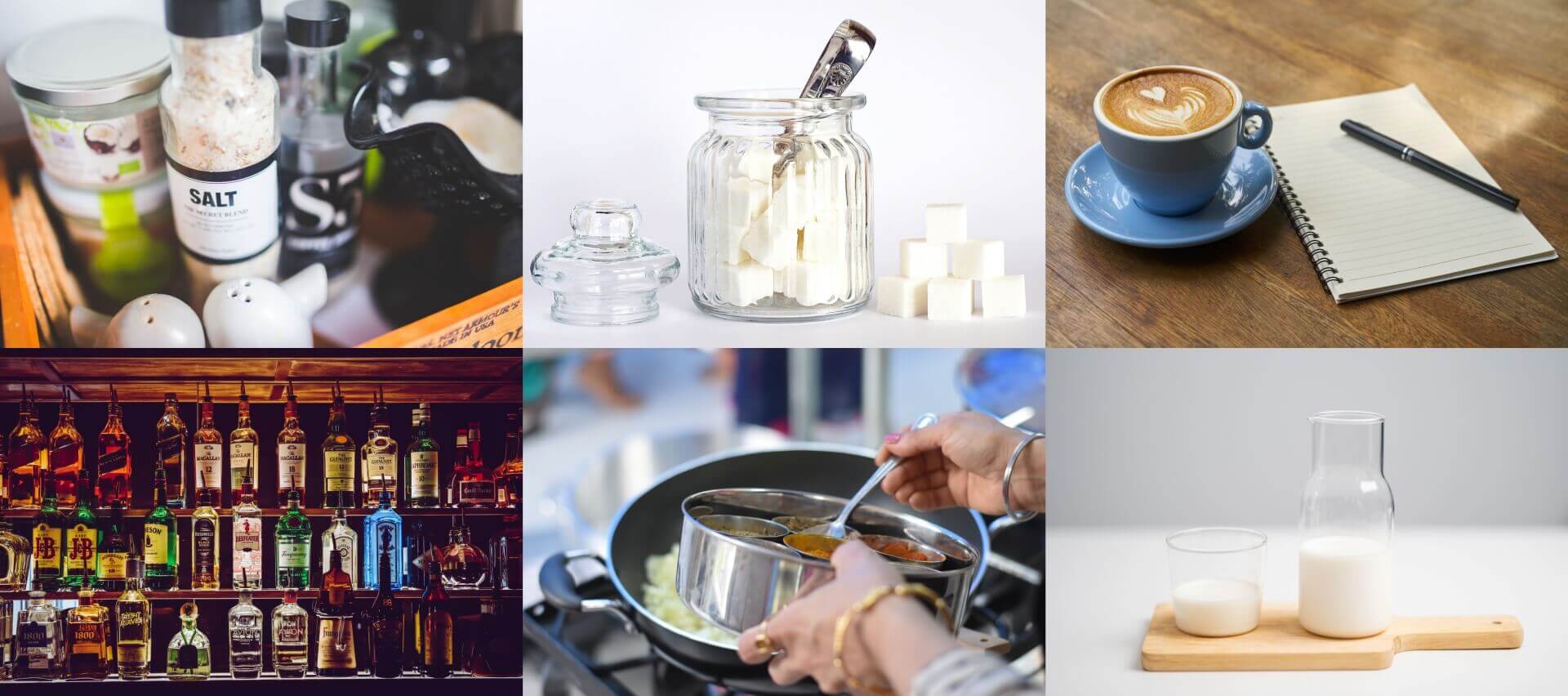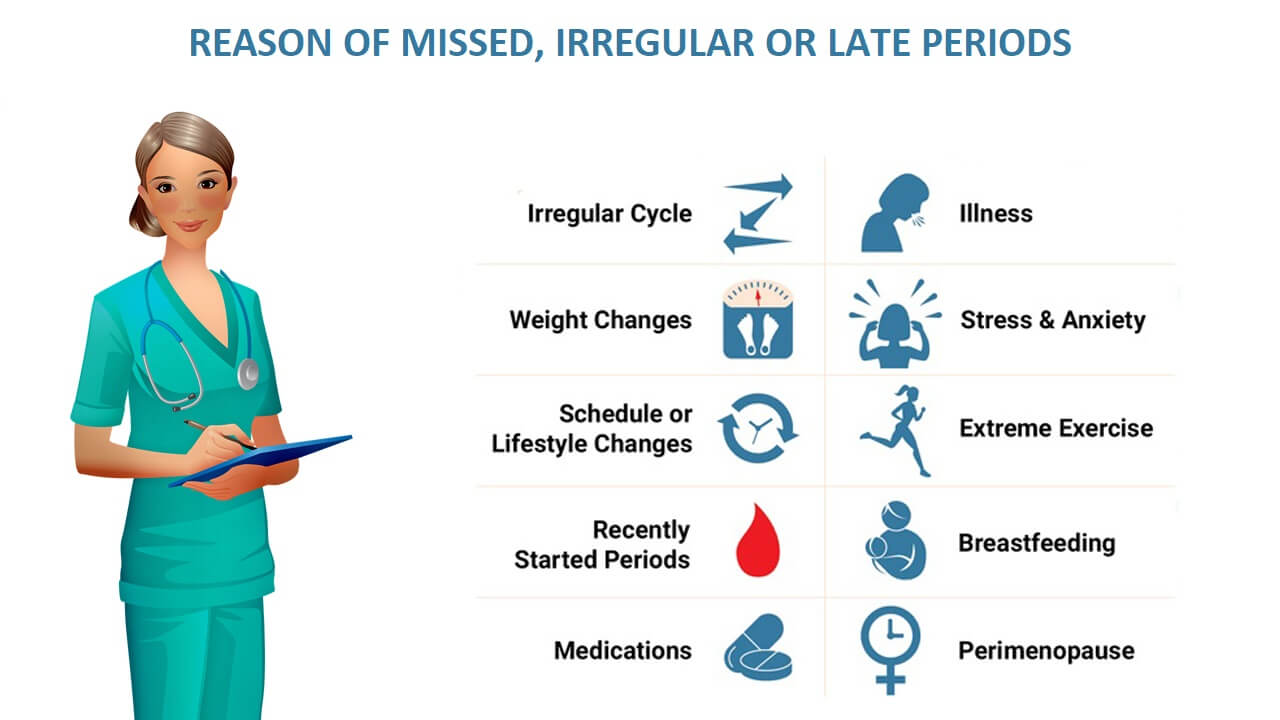Periods is a time when female/girls discharge his menstrual fluid, but these days are not normal for a girl. She get hurts so much on the first days, these are painful days for a woman of every month. Guys know that her periods is going on but they don’t know, what she has faced during these days and how to take care and comfort her. what to do or don’t in these days, let’s get explain in simple way.
CONTENT INDEX
What Happens To Girls Body on Her Periods?
When girls on their periods, their body become very weak at this time. They feel very weak or drained during period time. It happens because of dehydration, due to the loss of blood and fluid from the body. This is not a problem. The best way to treat dysmenorrhea is to drink plenty of fluids, especially electrolytes like Gatorade, Powerade, and other sports drinks. Water is also a great way to stay hydrated during your period. Also, eat healthy foods and avoid skipping breakfast for extended periods of time. Following a good diet during menstruation may help prevent hypoglycemia and further weakness. However, dehydration is the main problem.
The periods have ability to affect different aspects of the body is amazing. The duration seems to be unreasonably long because of what is going on in our stomachs. During (and the day before) menstruation, One of the main causes of the many physical and mental changes that occur during menstruation is the hormonal fluctuations. Most of us are familiar with the more common complications of menstruation and PMS, such as cramps, headaches, and acne, joint pain, back ache, muscle pain.
Why Do Periods Hurt So Much On The First Day?
This pain is caused by natural chemicals called prostaglandins that build up in the lining of the uterus. Prostaglandins constrict the muscles and blood vessels in the uterus. On the first day of menstruation, prostaglandin levels are high. That’s why woman feel so much pain on first day of their periods.
What Age Do Girls Start Period?
A sign of menstruation is when hair grows on the armpits and genitals. Menstruation usually begins about two years after breast growth and about one year after a white discharge from the vagina. Normal girls have menarche (first period) around the age of 12, but this period varies from person to person. first menstrual period may not last long, because it may take your body several months to adjust to the regularity. As a general rule of thumb, once settled, you will have menstruation every 28-30 days for 3-7 days.
The age at which menstruation begins in girls varies widely. Some girls start at 8 and others at 15. Often there are signs that the girl is approaching menarche. Hair growth on the chest and genitals often begins two years before menstruation. About a year before the onset of menarche, many girls experience noticeable jumps, which are usually very light and sometimes have little spots or blood. The first year of menstruation is irregular. During this period, a girl may miss menstruation or menstruate several times a month or less than expected. Although these fluctuations are common during the first few years of menstruation.
What Girls Face In Her First Period?
Symptoms: Some girls and women have symptoms of PMS, such as mood swings, irritability, gas, and tender breasts. Most girls do not have symptoms of PMS from the first period to several years later, but if they have PMS, rest, regular exercise, and a healthy diet can help control the symptoms.
Cramps: When menstruation begins, girls typically experience pain and stiffness in the lower abdomen and lower back. These cramps are usually mild and can be managed with over-the-counter pain relievers.
Tampons and pads: There are various options to collect the menstrual blood, like Tampons, Pads, Pantiliners, Menstrual cup, and sanitary napkins etc… These should be replaced at least every 4-6 hours. Sanitary napkins and pantiliners are often worn with underwear and are easy for girls to use. If you do not wash your hands properly after handling tampons, you can cause infections such as hepatitis B and yeast. Poor menstrual hygiene can also cause cervical cancer. As with tampons, you need to know that how to insert the tampon correctly so that you won’t feel uncomfortable.
If you sleep with wear a pad whole night, then remove it first after wake up in the morning. Wear a pad for long time could have risk of bacterial infection.
Bleeding: Did you know how much blood lose of a girl? Girls losing only 3-4 teaspoons (30 to 40 milliliters) during her period. If she losing more blood and changing pad or tampons every hour, though, there may be a problem.
Reasons of Mood Swings During Period
Ovulation occurs in the middle of the menstrual cycle. During this time, the body releases eggs that lower Estrogen and Progesterone These hormonal changes can cause physical and psychological symptoms, and changes in estrogen and progesterone levels also affect serotonin levels. A neurotransmitter that helps regulate mood, sleep cycle, and appetite. Low serotonin levels are associated with all the classic symptoms of PMS, including sadness, irritability, trouble sleeping, and thirst.
Can Girl Get Pregnant During Her Periods?
The menstrual cycle means the girl’s body prepares for ovulation (release of an egg) and childbirth. Some girls ovulate before menarche. So, yes girl can get pregnant during her periods.
What Should Girl Eat On Her Periods?
Many girls experience unpleasant symptoms during menstruation. Some foods can make these symptoms go away, while others can make them worse. These symptoms include abdominal cramps, headache, nausea, malaise, mood swings, gas, and diarrhea.
What to Intake?
1. Water: It is always important to drink plenty of water, especially during menstruation. Staying hydrated can reduce the risk of dehydration, a common symptom of PMS, and drinking enough fluids can help prevent fluid and gas retention.
2. Fruits: Watery fruits like watermelon and cucumber are good for hydrating your body. Sweet fruits help reduce cravings for sugar without consuming too much refined sugar, which can raise or lower blood sugar levels.
3. Leafy vegetables: Iron levels are usually low during menstruation, especially during heavy periods. This can cause fatigue, pain, and dizziness, and green leafy vegetables like kale and spinach can increase iron levels. Spinach is also rich in magnesium.
4. Ginger: A cup of hot ginger tea may improve some symptoms of PMS. Ginger has anti-inflammatory properties that reduce muscle pain, and ginger also reduces nausea. ginger was effective in reducing nausea and vomiting in early pregnancy. It’s relatively safe and cheap, so it’s worth a try. Do not overdo ginger. However, consuming more than 4 g of ginger per day can cause heartburn and stomach pain.
5. Chicken & Egg: Is another food rich in iron and protein and should be included in your diet. Protein intake is essential for good health and helps keep you full and reduces appetite during your menstrual cycle.
6. Fish: Is rich in iron, protein and omega 3 fatty acids and is beneficial to your diet. Iron absorption counteracts the iron levels you may feel during menstruation. omega-3 fatty acids may reduce the severity of dysmenorrhea. People who took omega-3 supplements had a significant reduction in dysmenorrhea and found that they were able to reduce their ibuprofen intake.
What Foods to avoid?
All foods are reasonably good, but some foods that make PMS symptoms worse should be avoided.
1. Salt: Consuming too much salt can cause water to build up and cause gas. To reduce gas, add salt to your diet and avoid processed foods high in sodium.
2. Sugar: Eating sugar in moderation is fine, but too much sugar can cause sudden spikes and wasted energy. This can ruin your mood. If you have frequent mood swings, depression, or anxiety during your period, you can control your mood by adjusting your sugar intake.
3. Caffeine: can cause water and gas retention. It can also make headaches worse. But quitting caffeine can also cause headaches. So, once you get used to drinking only a few drinks a day, don’t quit drinking completely.
4. Coffee: can also cause digestive problems. If you have diarrhea during menstruation, you can prevent it by cutting back on coffee.
5. Alcohol: has many negative effects on the body and can make PMS symptoms worse. For example, alcohol can dehydrate the body and make headaches and gas worse. It can also cause gastrointestinal problems such as diarrhea and nausea, and a hangover can cause some of the same symptoms that occur during menstruation, including headaches, nausea, diarrhea, and malaise.
6. Spicy Foods: Many people find that spicy foods can upset their stomachs and cause diarrhea, stomach pain, and even nausea. If your stomach can’t tolerate spicy foods or you’re not used to eating them, it’s best to avoid them during menstruation.
7. Dairy products: are an important part of a balanced diet, but eating too much cheese or dairy products during menstruation can make dysmenorrhea worse. Dairy products can also cause gas, gas and diarrhea, during menstruation, the body produces prostaglandins. These connections help the uterus contract and destroy the lining of the uterus for menstruation. High levels of prostaglandins can cause muscle cramps and lean meat can be rich in iron, but they are also rich in prostaglandins and should be avoided during menstruation.
What’s The Reason Of Delaying Periods?
Absence or delayed menstruation can occur for a number of reasons other than pregnancy. Common causes can range from hormonal imbalances to serious medical conditions. Also, if a woman’s irregular cycles are perfectly normal, there are twice in her life. First and menopause. As you enter menopause, your natural cycle may become irregular. Most women who have not yet gone through menopause menstruate every 28 days. However, a healthy menstrual cycle is between 21 and 35 days. If the cycle is outside this range, it could be for one of the following reasons:
Stress: can affect the hypothalamus, the part of the brain that breaks down hormones, changes your routine, and controls your menstrual cycle. Over time, stress can lead to illness and sudden weight gain and loss, which affects you all the time. If stress seems to be delaying your period, try other relaxation techniques and methods.
Adding more exercise to your diet can get you back on track.
Underweight: Women with eating disorders such as anorexia nervosa and bulimia nervosa may stop menstruating. If you weigh less than 10% of your normal height, body function and ovulation may be impaired. Treating eating disorders and gaining weight can help normalize your cycle. Even women who train hard, like marathons, stop menstruating.
Obesity: Just as being underweight can cause hormonal changes, being overweight can cause changes. If obesity is found to be one of the causes of menstrual irregularities or menstrual irregularities, the doctor recommends a diet and exercise program.
Polycystic Ovary Syndrome (PCOS): Polycystic ovary syndrome (PCOS) is a condition in which the body produces too much androgens, the male hormone. As a result of this hormonal imbalance, cysts form in the ovaries. This can cause irregular or full ovulation, and other hormones like insulin can cause an imbalance. This is due to the insulin resistance associated with PCOS.
Treatment of PCOS focuses on relieving symptoms. Your doctor may prescribe birth control pills or other drugs to help control your menstrual cycle.
Oral contraceptives: contain hormones called estrogen and progesterone, which block the secretion of the ovaries. After stopping the birth control pill, the cycle lasts for 6 months. Other types of implants or injected contraceptive implants can also cause missed periods.
Chronic conditions: Chronic conditions such as diabetes and celiac disease can also affect the menstrual cycle. Changes in blood sugar levels are related to changes in hormones. As a result, diabetes, although rare, can cause menstrual irregularities.
Menopause: Menopause begins in most women between the ages of 45 and 55. Women who develop symptoms before age 40 tend to be younger after menopause. This means that the number of eggs will decrease and you may miss your period.
Thyroid problems: Hyperthyroidism or hypothyroidism can cause missed or delayed periods. The thyroid gland regulates the body’s metabolism and can also affect hormone levels. Thyroid problems can usually be treated with medications. After treatment, the cycle returns to normal.
Who invented pads?
Mary Beatrice Davidson invented the first-generation sanitary napkin, or sanitary napkin. This means you can go anywhere in public without fear of bloodshed.
Who are the Youngest and Oldest Girl to Get Pregnant?
Lina Marcela medina is the first youngest mother. She is a Peruvian girl. She was just 5 years old when she became mother in 1939. The oldest verified mother who conceived naturally (entered into the Guinness Book of Records on January 26, 2017) is Dawn Brooke (Guernsey); conceived a son at the age of 59 in 1997.
Other Related Queries
Why Only Female Have periods?
But have you ever think that why do only girls have periods why not guys? because girls have uterus, guys haven’t. Here is also arise one more question in very curious minds, that if any male change his sex to female through sex change operation then now is he could conceive a baby? So, the answer is according to a theory, after sex change male as female can conceive and deliver a baby, but In reality its very rare. Male as female may behave like a female emotionally and sexually, but wouldn’t be able to have a baby, similarly vice verse in case of male to female.
Did you know, Apart from human, Elephant shrews and certain bats are the only animals, who have periods (menstruation).
Colors of Periods Blood?
You know, we often thought that period blood color is normally red as its called blood, but its not truth. Period blood is a discharge in many colors like Gray, Black, Brown or Dark red, Bright red, Pink, and Orange. But we need to understand the signal of colors of the periods blood, what’s the mean of that colors.
Black: Slower shedding of uterine lining, thicker uterine lining, oxidized blood, vaginal blockage, miscarriage.
Gray: Means Bacterial Vaginosis or irregular cycle.
Red: It means normal & fresh blood, healthy period & flow.
Brown (Brownish) or Dark Red: Its a signal of Beginning (old & oxidized blood of previous cycle) or end of period, Low progesterone, early sign of pregnancy, hormonal birth change.
Purple: PMS, heavy bleeding, high estrogen, PCOS, Thicker uterine lining.
Pink: Low estrogen, significant weight loss, blood deficiency or anemia, Ovulation, Low-nutrients diet.
Yellow: Indication of Cervical fluid mixed with period blood & possible vaginal infection.
By Poonam chhapola
